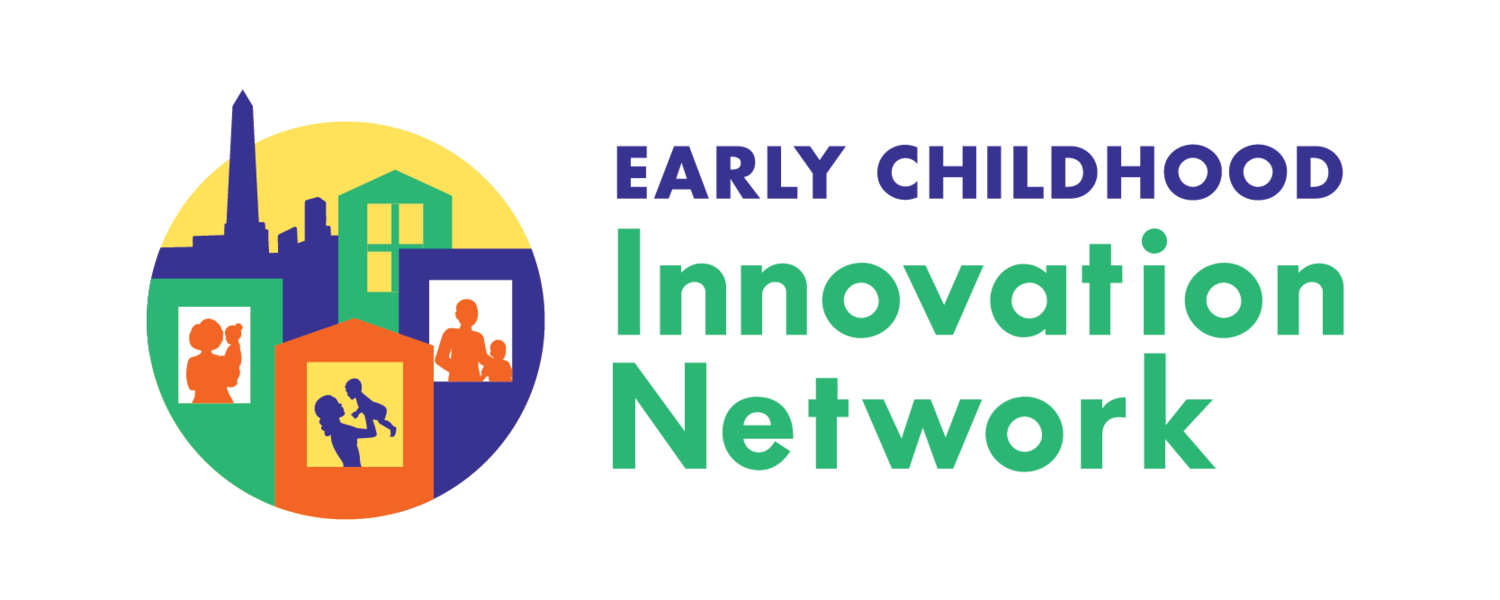About the Family Wellbeing Program (FWP)
What is the Family Wellbeing Program?
The Family Wellbeing Program (FWP) offers multi-generational, culturally responsive services designed to support mental health concerns of both caregivers and children. This work takes place within early childhood education centers in Washington, DC. The FWP team that serves children and their families includes:
Mental health professionals
Psychiatrists
Psychologists
Mindfulness instructors
People with similar lived experiences (peers)
What is the goal of the Family Wellbeing Program?
The FWP gives children and their families more access to mental health-related education and programs by embedding these programs in early learning centers and Head Start programs—the places that care for children and educate them in the years before elementary school.
What is unique about the Family Wellbeing Program?
Providers within the FWP work with each another and provide unique services to families like mindful parenting workshops, adult therapy, parent-child therapy, and peer-led trauma-informed parenting groups. The services aim to improve the mental health and wellbeing of both children and their parents.
How does the Family Wellbeing Program work?
The FWP is organized into three main program structures:
Mindful Parenting is a multi-level, 8-week group-based program for caregivers of young children. It is designed to increase parents’ self-awareness, self-care, and self-empowerment, as well as enhance family relational dynamics. The program’s culturally responsive approach to teaching mindfulness promotes six protective factors that incrase the well-being of children and reduce the likelihood of maltreatment.
It Takes a Village (Strengthening Family Coping Resources) provides parents with a safe, structured, and predictable way to discuss intergenerational concerns around family wellbeing. It Takes a Village groups support parents to make connections between their trauma and parenting practices. Each session provides a setting for them to develop ideas about how to reconnect, repair, and recalibrate in their parenting relationships, to accept responsibility for mistakes/choices made, and to move forward to strengthen their family.
Clinical Mental Health Services are offered for families who are specifically identified by early childhood education center staff as having challenges that meet requirements for referral to clinical services. Families may also self-declare a need for these services. Services are offered in close partnership with Medstar Georgetown Early Childhood Mental Health Team and House of Ruth to make sure families who need this support are able to receive it quickly and easily. The clinical mental health services include many different approaches to meet families’ ability to engage.
How do families lead in the Family Wellbeing Program?
Our goal is to ensure every caregiver has a voice and takes ownership of each piece of FWP programming they participate in. Our team regularly seeks feedback from caregivers. That feedback is continually applied to the programs.
Does the Family Wellbeing Program speak to ECIN’s racial equity goals?
FWP empowers caregivers to lead, facilitate, and moderate parenting groups to share their wisdom and experience with each other. The feedback that is collected from them throughout the programs helps us to continually evaluate ourselves to ensure inequities are addressed in every possible way.
How will the Family Wellbeing Program keep growing?
Members of the Family Wellbeing Program team are instructors in professional certificate programs within the Georgetown Center for Continuing Studies. Each certificate track provides a comprehensive curriculum for specific types of mental health professionals and for caregivers with lived experience seeking to deepen their knowledge and experience in working with parents and young children. Certificate tracks include:
Infant and Early Childhood Clinical Track
Infant and Early Childhood Family Leadership Track
Infant and Early Childhood Mental Health Consultation Track
How does the Family Wellbeing Program make a difference to policy and/or existing systems?
The FWP team partners with Healthy Futures to increase support for school-based mental health consultation and advocates to increase funding for school-based mental health services within early learning centers.
ECIN's Family Wellbeing Program Team
arrealia gavins
non-clinical lead, family wellbeing program
Ecin’s director early learning
Janaire Hawkins
Team Lead, Mindflness program
Ecin’s community research lead
Noel bravo
Mindfulness project support
Ecin’s director of project development
satyani McPherson
Mindfulness teacher/facilitator
christina morris
NON-CLINICAL SUPPORT, FAMILY WELLBEING PROGRAM
travis spencer
Mindfulness teacher/facilitator
Family Wellbeing Program Resources
Publications
Lane Jr, A., Gavins, A., Domitrovich, C.E., Oruh, C.M., Morris, C., Boogaard, C., Sherwood, C., Sharp, D.N., Charlot-Swilley, D., Coates, E.E. and Mathis, E., 2022. Advancing Antiracism in Community-Based Research Practices in Early Childhood and Family Mental Health. Journal of the American Academy of Child and Adolescent Psychiatry, 61(1), pp.15-22.
Biel MG, Coates EE. Sharpening Our Focus on Early Adversity, Development, and Resilience Through Cross-National Research. Journal of the American Academy of Child and Adolescent Psychiatry. 2021 Feb;60(2):219-21.
Williams JC, Andreou A, Lemelle T, Coates EE, Bostic JQ. Racial Battle Fatigue: The Toll of Policing Black Students. Journal of the American Academy of Child & Adolescent Psychiatry. 2022 Apr 27.·
Contact the Family Wellbeing Program Team
For more information, email the Family Wellbeing Program team.








